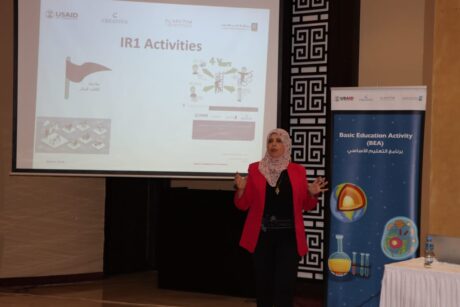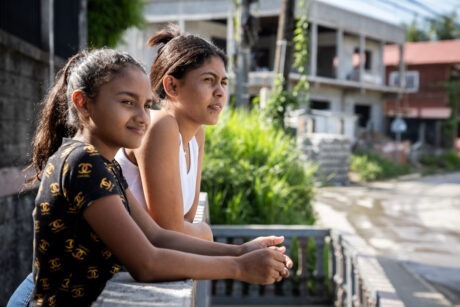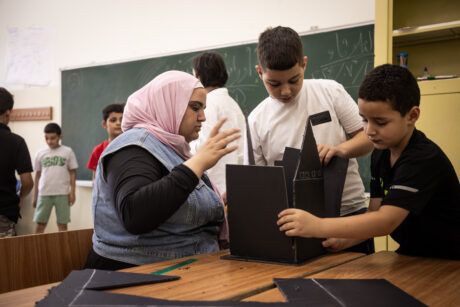Ramallah, West BankA new program to strengthen non-governmental early childhood and primary education opportunities for children in the West Bank and Gaza officially launched activities on July 17 during a summer camp for 150 students.
Funded by USAID, the four-year Basic Education Activity will serve children in greatest need by providing targeted support to strengthen instructional quality, enhance the learning environment, facilitate access to appropriate teaching/learning resources, mitigate barriers for children with disabilities and enhance family and community engagement.
USAID Mission Director Amy Tohill-Stull highlighted the U.S. government’s commitment to education as she spoke with educators, local partners and others during the July 17 launch event.
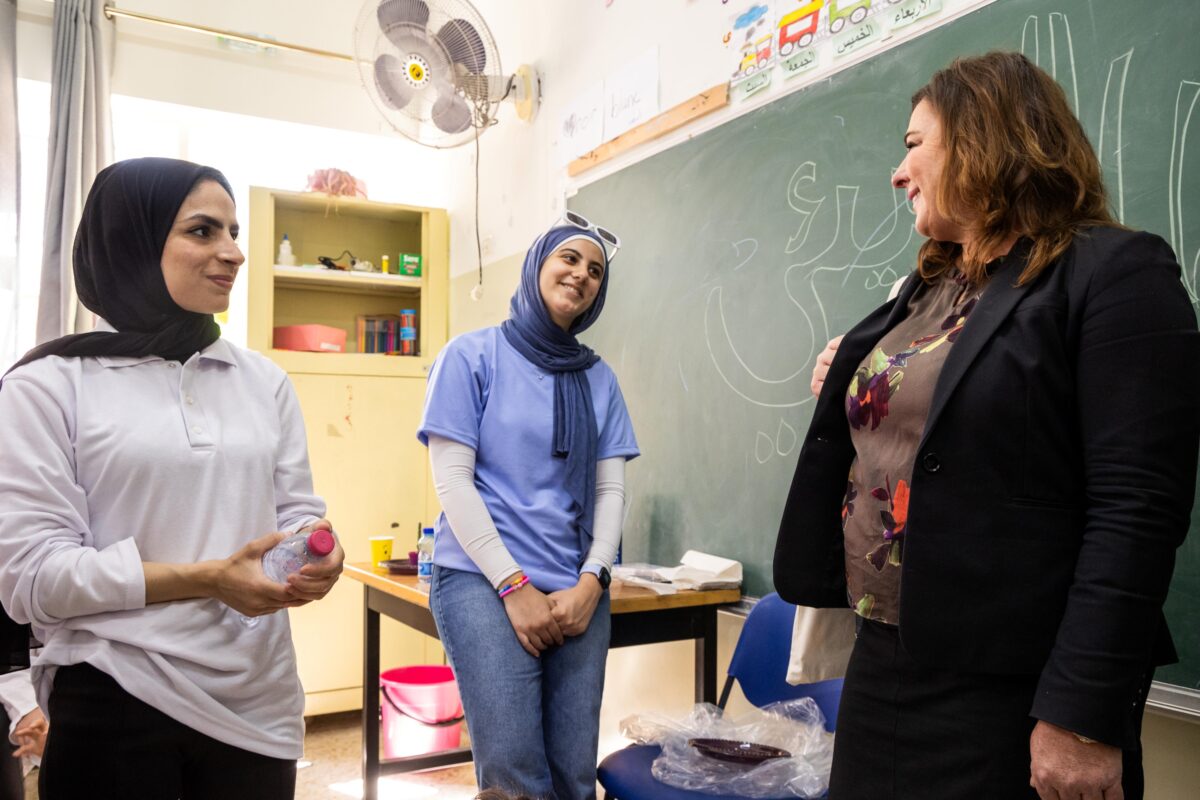
“USAID supports access to quality education around the world,” Tohill-Stull said. “I am pleased to launch this activity that will provide transformational experiences and remedial learning for children and youth and fuel their curiosity about learning the sciences.”
Said Assaf, Ph.D., the Basic Education Activity’s Chief of Party, says the program targets marginalized communities in the West Bank and Gaza by providing literacy, numeracy and social-emotional support for children, parents and teachers affected by the conflict. It also provides critical support to children with disabilities.
“These areas are usually outside the main cities,” Assaf says. “So, they are Bedouin communities, poor communities, marginalized and in camps. Many of these areas don’t have community-based organizations. So, it is our task to build this capacity to guarantee some form of sustainability and future.”
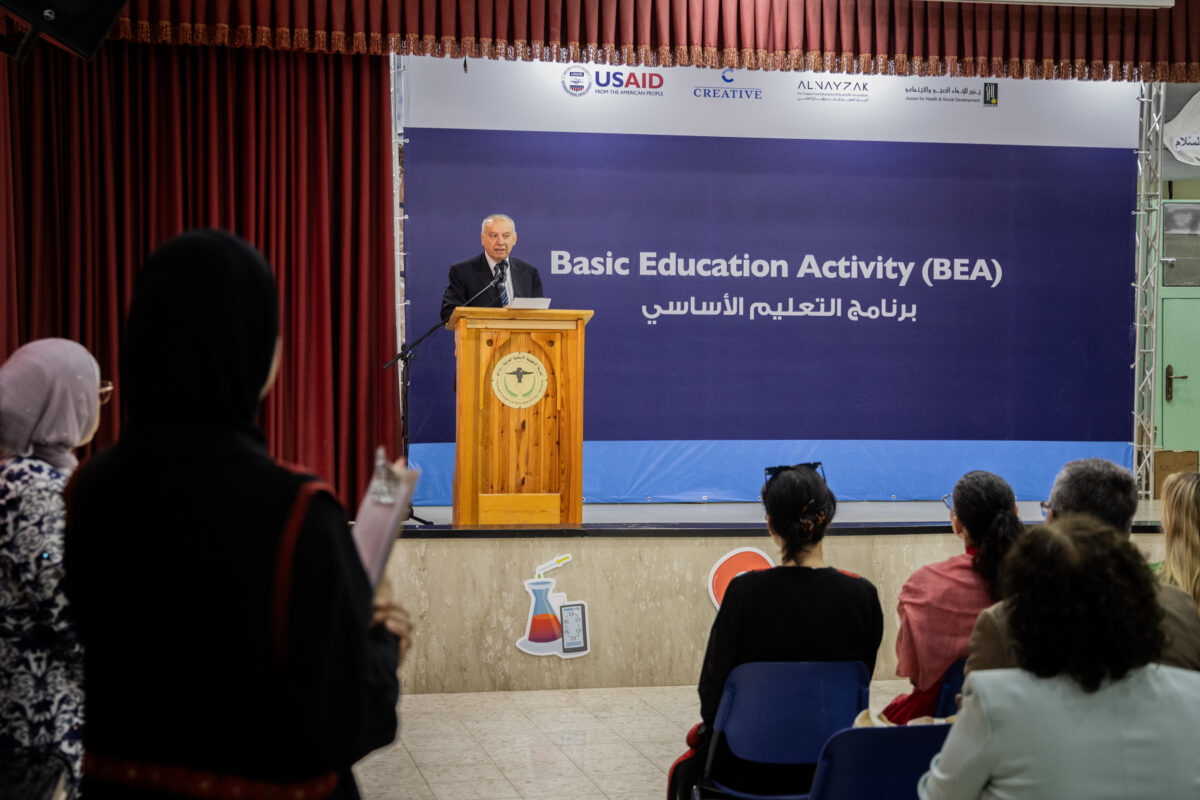
Assaf says that these interventions, delivered through non-public schools and community-based organizations, will provide critical education services enabling children to thrive and reach their full developmental potential.
Even before the start of the war on Oct. 7, 2023, Palestinian students faced a plethora of challenges, from poorly constructed and equipped schools, weak curriculums, inadequately prepared teachers, overcrowded classrooms and more that resulted in below-grade level student outcomes.
Creative is leading a team of local partners to implement the program. Juzoor for Health and Social Development helps plan improvements for private kindergarten centers, engages parents and trains facilitators to lead community learning sessions. It also conducts campaigns on early childhood education, play-based learning, language learning, disability stigma, nutrition, trauma and discipline. Al Nayzak Organization for Supportive Education & Scientific Innovation enhances content and access to its literacy app while improving and promoting remedial and extracurricular education activities, including climate change.
Education as a life-sustaining activity
Noy Villalobos, Creative’s Chief Programs Officer, says the Basic Education Activity integrates the lessons learned and best practices—particularly those related to social-emotional learning, social cohesion, peacebuilding and more—the social-impact company has developed during decades of work in other countries, including in the Middle East.
“We see education as a life-sustaining activity in conflict and post-conflict areas,” says Villalobos, who attended the launch event. “Our approaches and support are informed by our work elsewhere, which are adapted and refined by collaborating with talented, capable local partners.”
Assaf notes that kindergarten to sixth graders have been facing challenges with their academic performance. Since the outbreak of war in October 2023, he says student learning loss has grown and is compounded by psychological traumas. “Everybody needs some kind of psychological support,” the Chief of Party says.
Holistic approach to improving and strengthening educational opportunities
Creative’s “Learn Everywhere” approach ensures holistic support for children’s learning through sustainable, community-driven programs. To provide high-quality, inclusive early childhood education and learning materials for the West Bank and Gaza’s most vulnerable children, the Basic Education Activity uses a multi-tiered approach that leverages existing resources and builds local capacity.
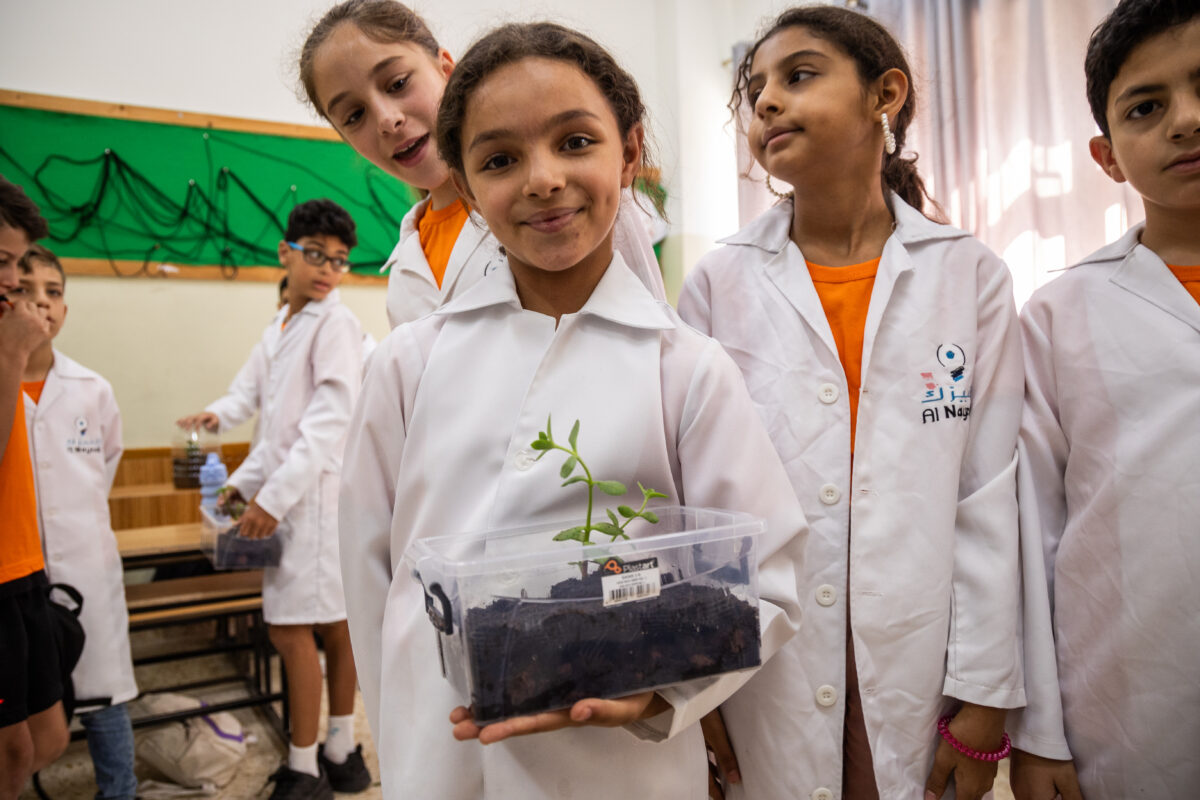
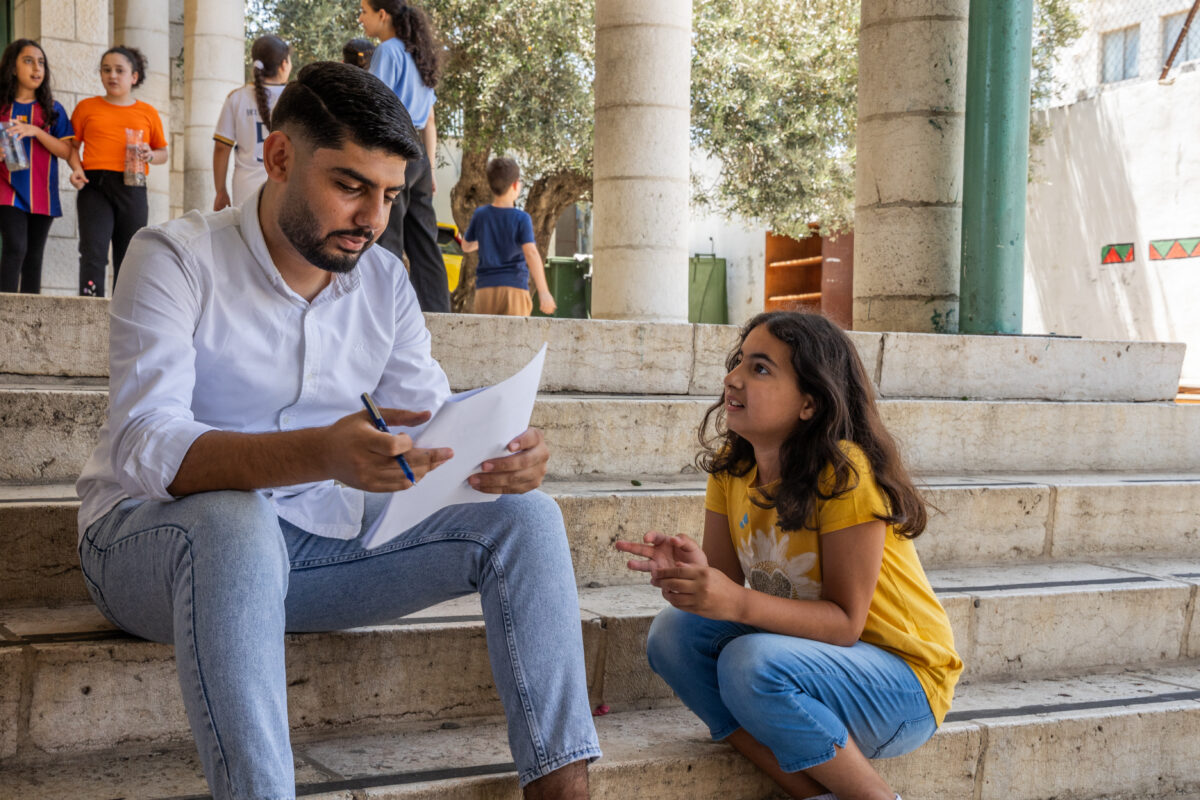
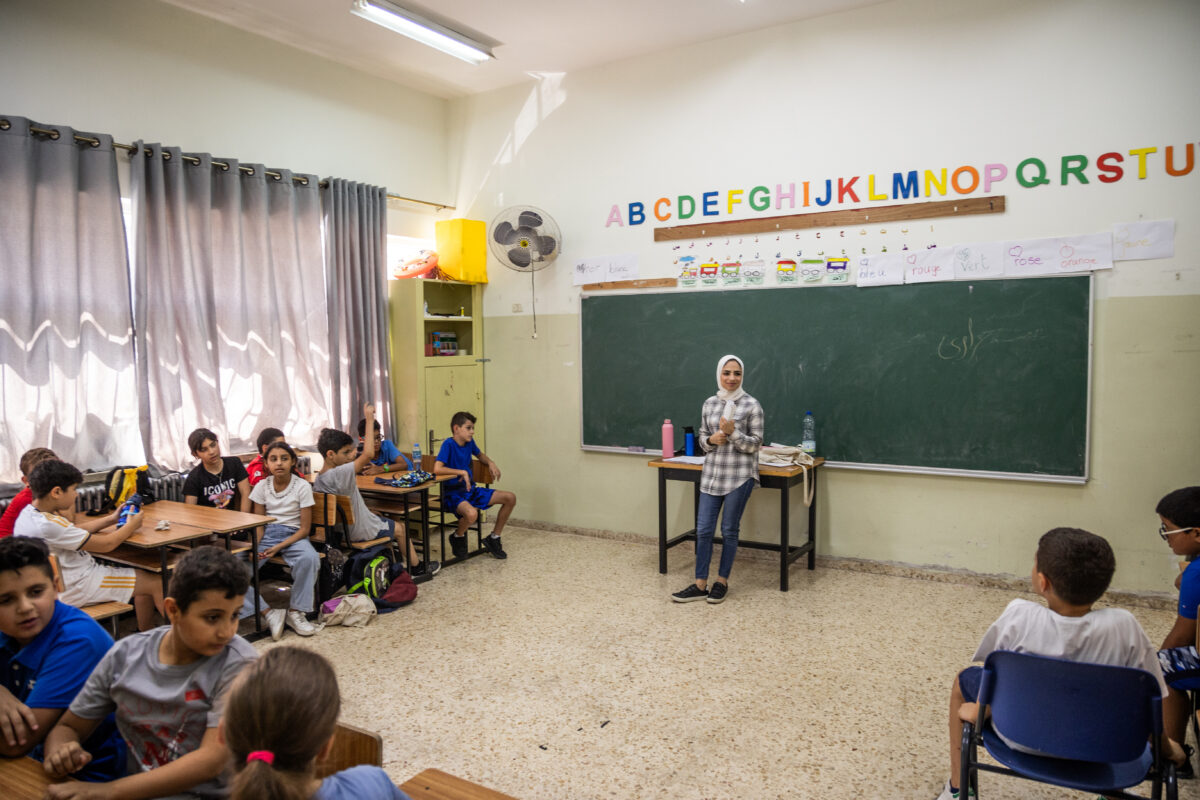
The program’s activities are rooted in guiding quality standards that articulate the critical practices and characteristics expected in high-quality early childhood education programs.
The Basic Education Activity supports early childhood education centers to make improvements towards these standards by providing a comprehensive teacher training program, targeted teaching and learning materials, parent engagement campaigns and disability screenings and referral services among other interventions. It will also undertake cosmetic construction and rehabilitation work to improve physical infrastructure and enhance accessibility.
At the primary level, the program works with community-based organizations to strengthen their ability to provide remedial education support and extracurricular activities. The Basic Education Activity will support the development of foundational and soft skills through educational mobile applications and STEM programs, including summer and winter camps.
During its four-year implementation, the Basic Education Activity will support improved programming in at least 200 early childhood education centers and 200 private primary schools and build capacity for at least 50 community-based and civil society organizations.
This will include training for 400 early childhood education teachers and 1,400 remedial/extracurricular program facilitators and renovation of at least 150 early childhood education centers and/or community buildings with the potential to function as early childhood education centers. The Basic Education Activity will provide early childhood education materials to 400 classrooms, support 50 communities and families to access mobile early education programs and engage 75,000 parents through SBCC and non-traditional education programming.
